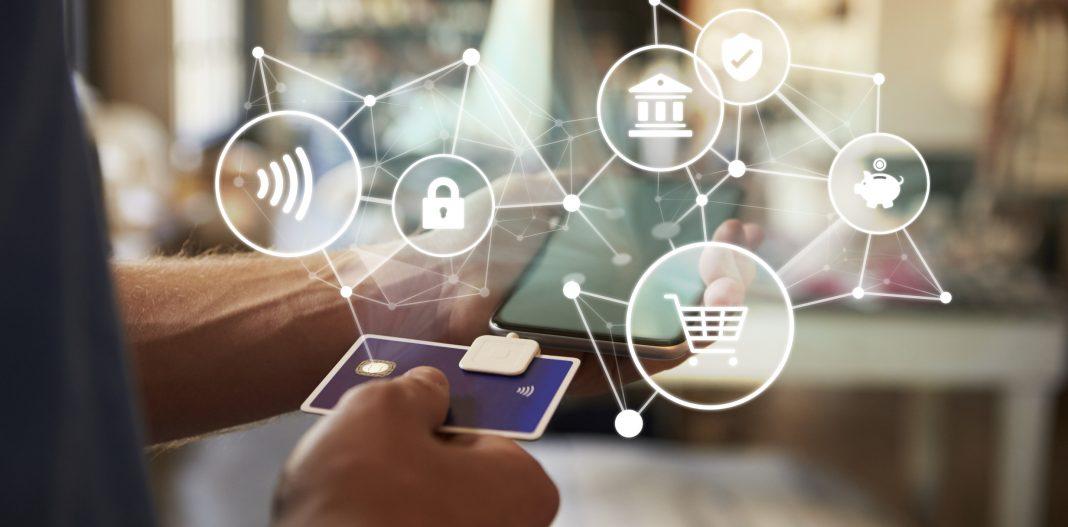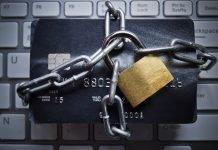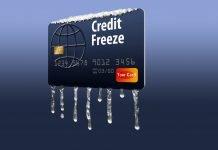
Even when online retailers strive to keep customer information safe, data breaches happen. Hackers and thieves are constantly working to gain access to your sensitive data, including credit card numbers. Data breaches are on the rise and could cost businesses $8 trillion over the next five years.
But some credit card issuers, like Bank of America and Citibank, offer virtual card numbers to help you protect your credit card information when you shop online. These virtual card numbers are temporary and eliminate the need to use your physical card, protecting your information from thieves. (Disclosure: Citibank advertises on Credit.com, but that relationship results in no preferential editorial treatment.)
How Do Virtual Card Numbers Work?
Using your physical credit card’s number to shop online comes with risk. If your customer information is ever stolen, thieves could use your card number to make unauthorized purchases. Virtual card numbers reduce that risk by eliminating the need to use your physical card number.
Exact details may vary between credit card issuers, but they all provide a similar service. When you’re ready to shop, you can request a virtual credit card number online. You may be able to set a custom spending limit and an expiration date.
You will then be issued a temporary 16-digit credit card number that you can use to shop online. Depending on the provider, your charges may show up on your monthly credit card statement along with purchases made with your physical card.
If at any point a thief gets ahold of your virtual card number, they won’t be able to exceed the preset spending limit or make purchases beyond the predetermined expiration date. Some virtual card numbers work only with specific predetermined merchants, further protecting you from theft. Plus, your physical card number is still protected.
The Advantages of Virtual Card Numbers
The Fair Credit Billing Act dictates that you’ll never be liable for more than $50 in unauthorized charges if your credit card is lost or stolen. That amount drops to $0 if you report your card as stolen before it is used or if your number, not your card, is stolen. Major card issuers such as Visa, Mastercard, Discover, and American Express also provide zero liability for unauthorized charges, meaning the $50 liability does not apply.
However, if your credit card information is stolen, you may still need to spend time disputing charges, filing a police report, and replacing your card. After that, you’ll have to update any accounts that have your compromised card on file. Using a virtual credit card number at any online merchant can save you some major headaches if that merchant is ever hacked or compromised.
The benefits are even clearer when you examine the laws surrounding ATM and debit cards, which are determined by the Electronic Fund Transfer Act. Your liability varies based on when you report the loss of your card. In fact, you could be responsible for all the money taken from your card account if you fail to report it in a timely manner. If you regularly use your debit card for online shopping, switching to a credit card that offers a virtual card number service may provide additional peace of mind.
Limitations of Virtual Card Numbers
Virtual card numbers aren’t absolutely necessary, as you can’t be held responsible for more than $50 in unauthorized charges on your credit card, and you won’t be held liable at all if your number is stolen online or if your card issuer offers zero liability for unauthorized purchases.
If you are interested in using virtual card numbers, keep in mind that not all credit card issuers offer the service. Third-party virtual service providers exist, but their quality of service may vary and they require you to sign up for an additional account.
Plus, switching to virtual card numbers won’t completely protect you from fraud or theft. You still need to monitor your statements for unauthorized activity. Your physical card could still be stolen, and any accounts that use your physical card number could be compromised.
Whether you use virtual card numbers or traditional credit cards, it’s important to check your credit card statements and your credit report regularly to keep abreast of potential fraudulent and unauthorized activity. You can get your free credit report from Credit.com.
Note: It’s important to remember that interest rates, fees, and terms for credit cards, loans, and other financial products frequently change. As a result, rates, fees, and terms for credit cards, loans, and other financial products cited in these articles may have changed since the date of publication. Please be sure to verify current rates, fees, and terms with credit card issuers, banks, or other financial institutions directly.
This article originally appeared on Credit.com and was written by Brian Acton.










